Intro
Being 13 weeks pregnant is an exciting milestone in any pregnancy journey. At this stage, you're almost at the end of your first trimester, which typically lasts for about 12 to 13 weeks. Understanding your pregnancy in terms of months can be a bit tricky since months are not exactly uniform in length. However, a general rule of thumb is that each trimester of pregnancy lasts about 3 months.
The first trimester, which spans from week 1 to week 12, is approximately the first 3 months of pregnancy. Given that you are 13 weeks pregnant, you are technically just entering your second trimester, which is also considered to be around the 4th month of pregnancy. It's essential to remember that every pregnancy is unique, and the exact timing can vary slightly from one woman to another.
During the 13th week of pregnancy, several changes and developments are occurring both in you and your baby. Your baby is growing rapidly, and their major organs and body systems are functioning and developing. They are also starting to look more like a tiny human, with their limbs, fingers, and toes becoming more defined. On the outside, you might start noticing more pronounced pregnancy symptoms, such as a growing belly, mood swings, and possibly some food cravings or aversions.
Understanding Pregnancy in Months
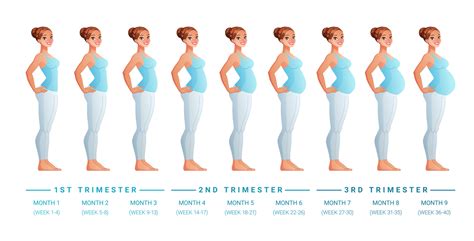
Pregnancy is typically divided into three trimesters, each lasting about three months. The first month of pregnancy is actually the month of conception, the second month is the first full month of pregnancy, and so on. Therefore, when you're 13 weeks pregnant, you're usually considered to be in your fourth month, as the weeks and months don't align perfectly.
First Trimester Overview
The first trimester, weeks 1-12, encompasses the first three months of pregnancy. It's a period of significant development for the fetus and can be a time of adjustment for the mother as her body undergoes numerous changes.Pregnancy Symptoms at 13 Weeks
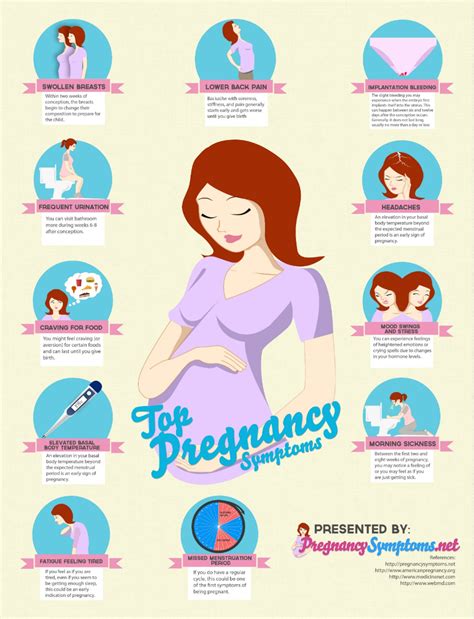
At 13 weeks pregnant, you may experience a range of symptoms, some of which can be quite pronounced. These can include:
- Morning Sickness: While it's called morning sickness, nausea can strike at any time of day. For some women, it starts to subside around this time, but for others, it can continue throughout the pregnancy.
- Fatigue: Feeling extremely tired is common due to hormonal changes and the body's effort to support the growing fetus.
- Mood Swings: Hormonal fluctuations can lead to feelings of emotional instability, making you feel more irritable or emotional than usual.
- Food Cravings or Aversions: You might find yourself craving certain foods or, conversely, feeling a strong aversion to foods you once enjoyed.
- Bloating and Cramping: Mild cramping and bloating are normal as your uterus expands.
Body Changes
Your body is undergoing significant changes to accommodate your growing baby. Your uterus is expanding, which can lead to a visible belly, although it might not be very pronounced at 13 weeks for all women. Some might start to show earlier or later, depending on their body type and whether they've had previous pregnancies.Fetal Development at 13 Weeks
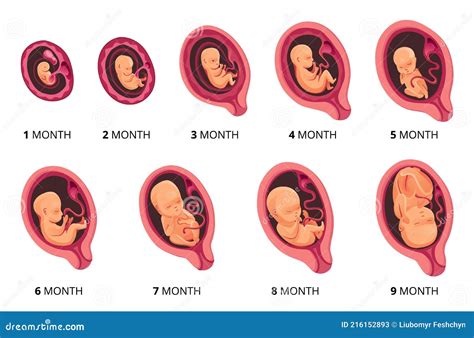
By the 13th week, your baby is approximately 2.5 inches long and weighs about 0.25 ounces. Their development is rapid, with notable changes including:
- Sensory Development: Their senses are becoming more refined. The eyes are forming, although the eyelids are still fused shut. They can detect light and darkness.
- Motor Skills: The baby can swallow, kick, and even suck their thumb.
- Organ Development: Major organs like the heart, lungs, and liver are functioning and will continue to mature over the coming weeks.
Prenatal Care
Regular prenatal care is crucial during this period. Your healthcare provider will monitor your health and the baby's development closely, performing checks such as:- Ultrasound: To confirm the due date and check for any potential issues.
- Blood Tests: To screen for infections, your blood type, and potential genetic disorders.
- Physical Exam: To check your blood pressure, weight, and the size of your uterus.
Health and Nutrition
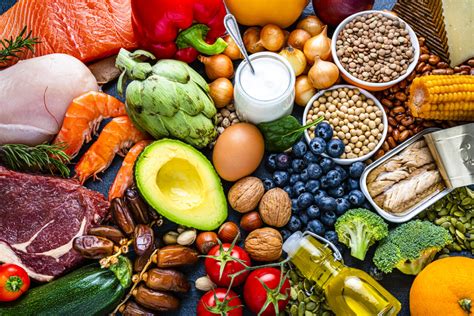
Maintaining a healthy diet and lifestyle is vital for both you and your baby. Key considerations include:
- Eating a Balanced Diet: Focus on nutrient-rich foods like fruits, vegetables, whole grains, lean proteins, and healthy fats.
- Staying Hydrated: Drink plenty of water to help your body cope with the changes and support your baby's growth.
- Exercise: Gentle exercises like walking or prenatal yoga can help maintain physical and mental well-being.
Mental Health
Pregnancy can be an emotionally challenging time. It's essential to prioritize your mental health by:- Seeking Support: Talk to your partner, friends, family, or a healthcare professional about your feelings.
- Engaging in Relaxation Techniques: Practices like meditation, deep breathing, or reading can help manage stress.
Preparing for the Second Trimester
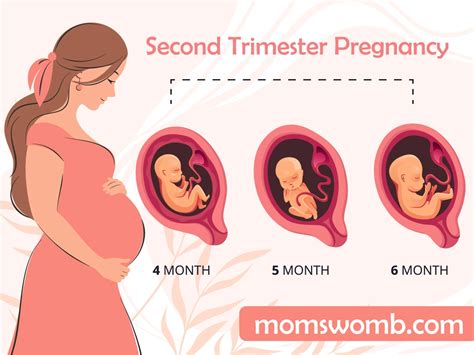
As you enter your second trimester, you can expect:
- Increased Energy: Many women find their energy levels increase after the first trimester.
- Baby Movement: You might start feeling your baby move, which can be an exciting experience.
- Prenatal Tests: Your healthcare provider may recommend additional tests to check for any potential issues.
Financial and Practical Preparations
It's also a good time to start preparing practically and financially for your baby's arrival. Consider:- Setting Up the Nursery: Start thinking about the essentials you'll need for your baby's room.
- Insurance and Financial Planning: Review your insurance coverage and start planning for the expenses associated with having a baby.
Conclusion and Next Steps
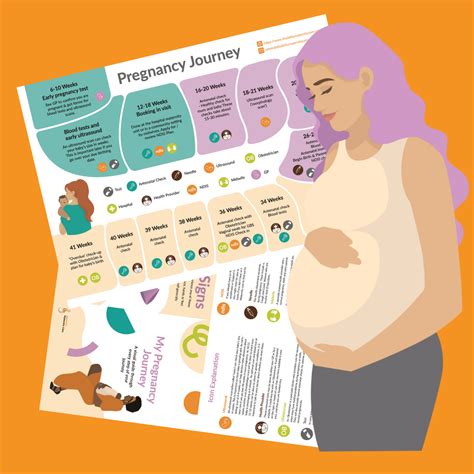
Being 13 weeks pregnant is a significant milestone, marking the end of your first trimester and the beginning of your second. As you continue on your pregnancy journey, remember to stay informed, prioritize your health, and enjoy the process of preparing for your baby's arrival.
To further support you, we've included a FAQ section below that addresses some common questions about the 13th week of pregnancy.
How big is my baby at 13 weeks pregnant?
+Your baby is approximately 2.5 inches long and weighs about 0.25 ounces at 13 weeks pregnant.
What are some common symptoms at 13 weeks pregnant?
+Common symptoms include morning sickness, fatigue, mood swings, food cravings or aversions, and bloating.
Is it normal to feel my baby move at 13 weeks?
+While some women might start feeling their baby move around this time, it's more common to feel movements in the second trimester, around 16 to 25 weeks into the pregnancy.
We hope this comprehensive guide has provided you with valuable insights and information about being 13 weeks pregnant. As you continue on your journey, remember to stay positive, prioritize your health, and look forward to the many exciting milestones ahead. Feel free to share your experiences, ask questions, or offer advice in the comments below. Your feedback and engagement are invaluable, and we're here to support you every step of the way.
